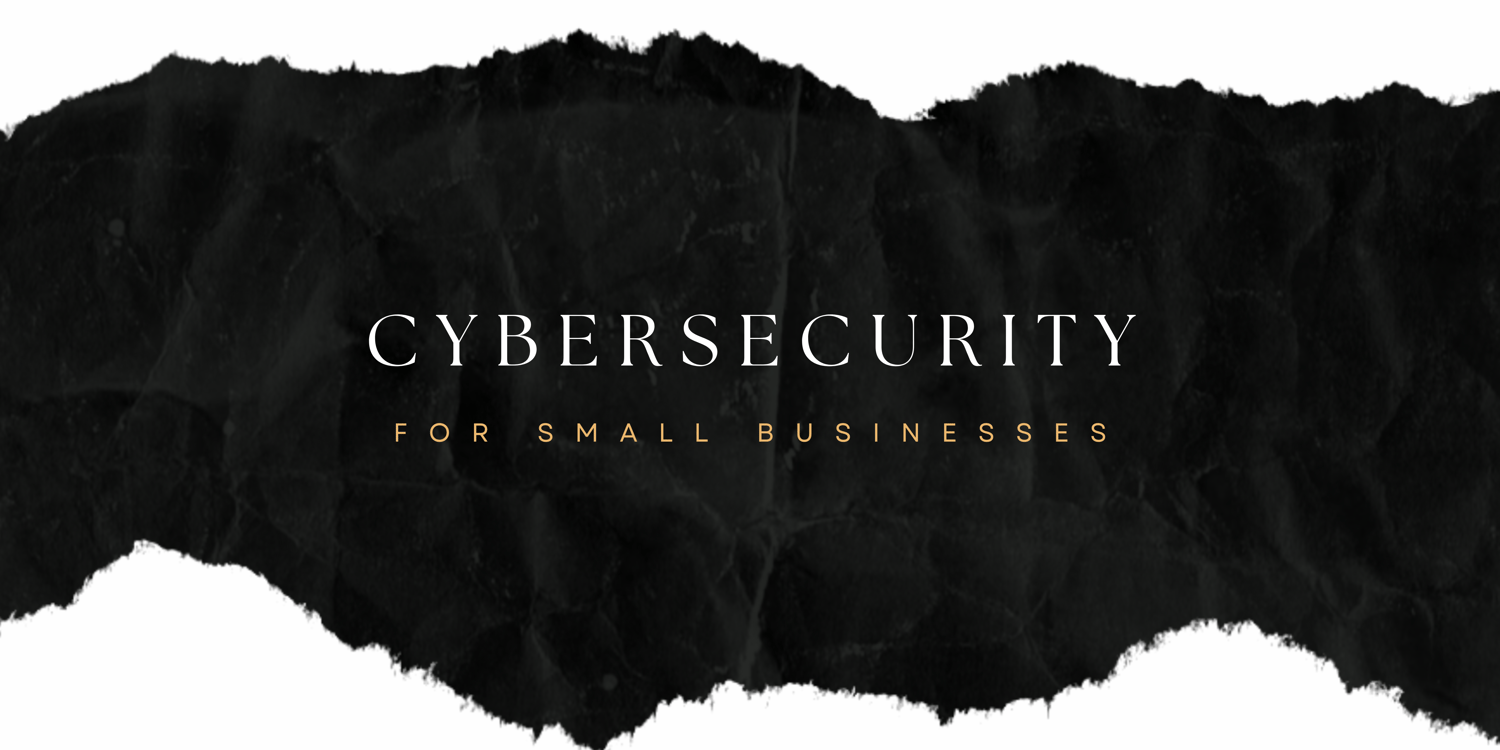In today’s digital age, cybersecurity has become a critical concern for businesses of all sizes. However, small businesses are often particularly vulnerable due to limited resources and expertise in managing cyber threats. As an entrepreneur, understanding the importance of cybersecurity and implementing robust protective measures is essential to safeguarding your business's data, reputation, and financial health.
Why Cybersecurity Matters
Cybersecurity encompasses the practices, technologies, and processes designed to protect networks, devices, programs, and data from attack, damage, or unauthorized access. For small businesses, a cyberattack can be devastating, leading to significant financial losses, legal liabilities, and damage to customer trust.
- Data Protection: Small businesses often handle sensitive information such as customer data, financial records, and proprietary information. A breach can result in the loss or theft of this data, leading to identity theft, fraud, and other malicious activities.
- Financial Stability: Cyberattacks can have direct financial consequences, including the costs of responding to the breach, legal fees, and potential fines. Indirect costs, such as lost revenue from downtime or a tarnished reputation, can also impact the bottom line.
- Reputation Management: Trust is a cornerstone of customer relationships. A cybersecurity breach can severely damage your business’s reputation, eroding customer trust and loyalty. Recovering from such an incident can take years and require significant effort and resources.
Key Cybersecurity Practices for Small Businesses
To protect your small business from cyber threats, it’s essential to adopt a proactive approach to cybersecurity. Here are some key practices to consider:
- Educate Your Team: Cybersecurity is everyone’s responsibility. Ensure that all employees understand the basics of cybersecurity, including recognizing phishing attempts, using strong passwords, and following best practices for data protection.
- Implement Strong Password Policies: Encourage the use of strong, unique passwords for all accounts and devices. Consider implementing multi-factor authentication (MFA) for an added layer of security.
- Regular Software Updates: Ensure that all software, including operating systems and applications, is regularly updated to protect against vulnerabilities. Enable automatic updates where possible to stay protected against the latest threats.
- Data Encryption: Encrypt sensitive data both in transit and at rest. This makes it more difficult for cybercriminals to access and misuse your data even if they manage to breach your defenses.
- Backup Your Data: Regularly back up all critical data and store it securely. This ensures that you can quickly recover in the event of a data loss incident, such as a ransomware attack.
- Use Security Software: Invest in reputable security software to protect your devices and networks from malware, viruses, and other threats. Ensure that your security software is regularly updated and properly configured.
- Develop a Response Plan: Have a clear and comprehensive incident response plan in place. This should outline the steps to take in the event of a cyberattack, including how to contain the breach, communicate with stakeholders, and restore normal operations.
To conclude, cybersecurity is an essential aspect of running a small business in the digital age. By adopting proactive measures and fostering a culture of security awareness, you can protect your business from cyber threats and ensure its long-term success.
Ready to learn more about protecting your business and other essential topics? Follow me on social media for insights on business, finance, cybersecurity, health, and more:
- Pinterest: @ninamendez_official
- Medium: @ninamendez.entrepreneur
Stay informed and secure, and let’s work together to build a resilient and successful business!



Comentarios ()